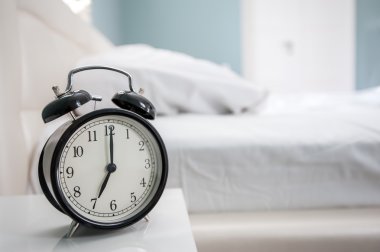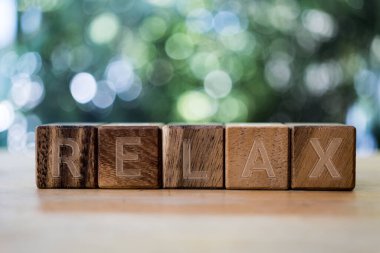Conquer Insomnia, characterized by difficulty falling or staying asleep, is a common problem affecting millions of people worldwide. Chronic insomnia can lead to various health issues, including stress, anxiety, and impaired cognitive function. While medication is often prescribed, natural remedies can be equally effective and come without the side effects.
Here are three natural and easy ways to combat insomnia.
Establish a Consistent Sleep Routine

One of the most effective ways to fight conquer insomnia is to establish a consistent sleep routine.
This involves going to bed and waking up at the same time every day, even on weekends. Our bodies have an internal clock, known as the circadian rhythm, which regulates sleep-wake cycles. By maintaining a regular schedule, you can reinforce this natural rhythm, making it easier to fall asleep and wake up feeling refreshed.
Tips for Establishing a Sleep Routine:
- Set a Bedtime: Choose a bedtime that allows for 7-9 hours of sleep. Stick to this time diligently.
- Create a Pre-Sleep Routine: Engage in calming activities before bed, such as reading, taking a warm bath, or practicing gentle yoga.
- Limit Screen Time: Avoid screens at least an hour before bed. The blue light emitted by phones, tablets, and computers can interfere with melatonin production, a hormone essential for sleep.
- Avoid Naps: If you find it difficult to fall asleep at night, avoid taking long naps during the day. If you must nap, keep it short (20-30 minutes) and do it early in the afternoon.
Incorporate Relaxation Techniques
Stress and anxiety are major contributors to conquer insomnia. Incorporating relaxation techniques into your daily routine can help calm the mind and prepare the body for sleep. Practices such as mindfulness meditation, deep breathing exercises, and progressive muscle relaxation have been shown to promote better sleep.
Effective Relaxation Techniques:
- Mindfulness Meditation: This involves focusing on your breath and bringing your attention to the present moment. Apps like Headspace and Calm offer guided meditations specifically designed for sleep.
- Deep Breathing Exercises: Practice deep breathing by inhaling slowly through your nose, holding the breath for a few seconds, and exhaling slowly through your mouth. This helps activate the parasympathetic nervous system, promoting relaxation.
- Progressive Muscle Relaxation: Tense and then slowly relax each muscle group in your body, starting from your toes and working your way up to your head. This technique helps release physical tension and promotes a state of calm.
Optimize Your Sleep Environment
Creating a sleep-friendly environment can significantly impact the quality of your sleep. Factors such as room temperature, lighting, and noise levels play a crucial role in determining how well you sleep.
Tips for Optimizing Your Sleep Environment:

- Keep the Room Cool: A cooler room temperature, around 60-67 degrees Fahrenheit (15-19 degrees Celsius), is ideal for sleep. Consider using a fan or air conditioner to maintain a comfortable temperature.
- Control Lighting: Darkness signals to your body that it is time to sleep. Use blackout curtains or an eye mask to block out light. Dimming the lights an hour before bedtime can also help prepare your body for sleep.
- Reduce Noise: Silence or white noise can help mask disruptive sounds. Consider using earplugs or a white noise machine to create a more serene environment.
- Comfortable Bedding: Invest in a good-quality mattress and pillows that provide adequate support and comfort. Natural fibers, such as cotton, are breathable and can help regulate body temperature.
Wrapping It Up
Combatting conquer insomnia naturally involves making lifestyle changes that promote relaxation and a consistent sleep schedule. By establishing a regular sleep routine, incorporating relaxation techniques, and optimizing your sleep environment, you can improve your sleep quality and overall well-being. These strategies not only help in falling asleep faster but also ensure you wake up feeling rejuvenated and ready to tackle the day.
Remember, consistency is key, and small changes can lead to significant improvements in your sleep patterns over time.











More Stories
Anxiety Depression? Now What Is That?
Exercise and Stress – What You Can Do Today
Bulimia – The Eating Disorder of Many